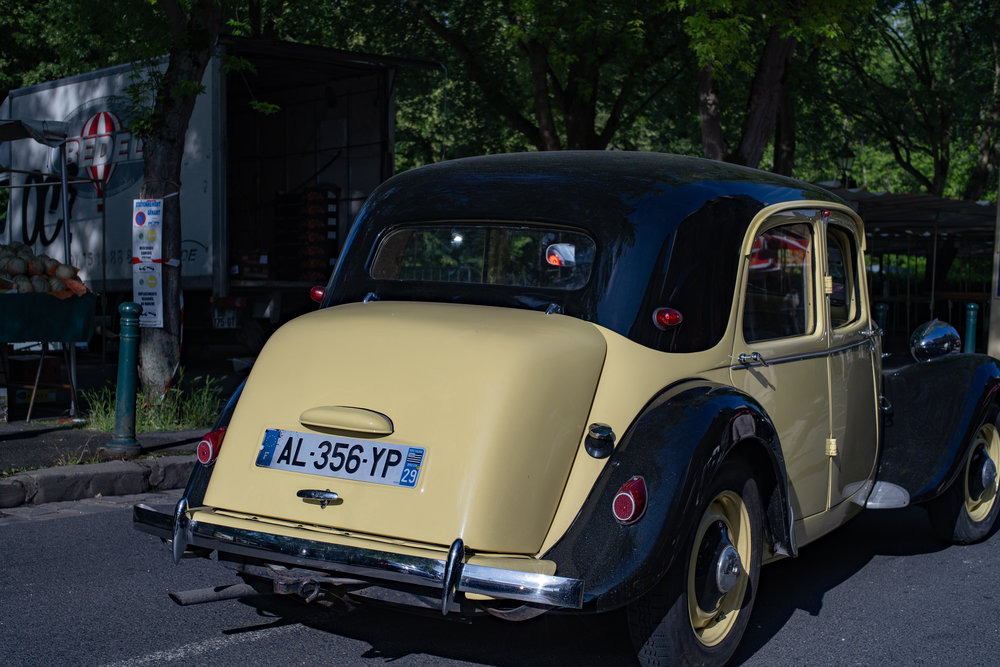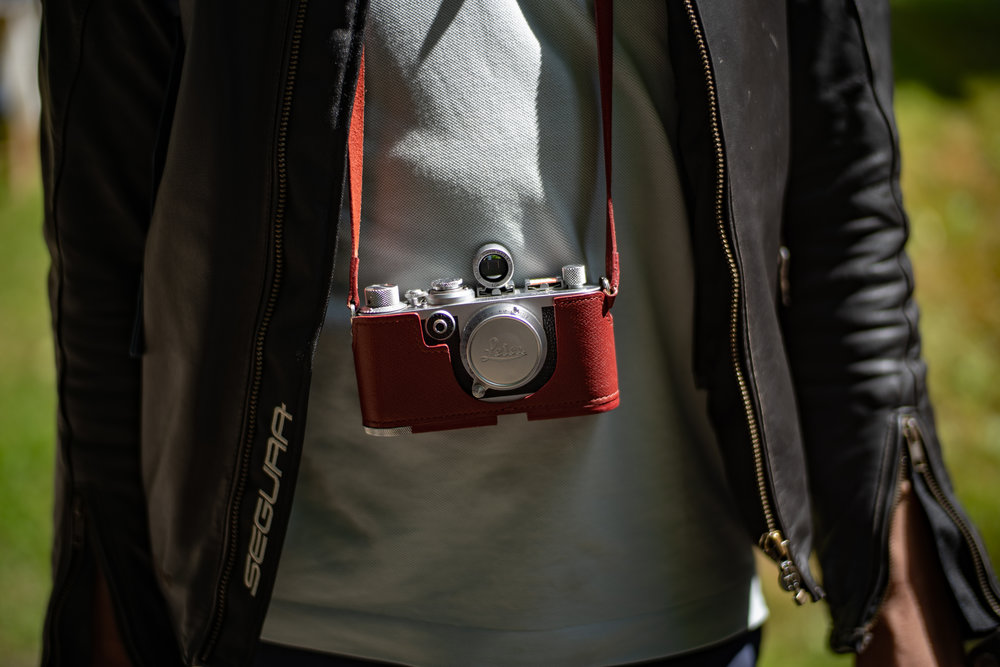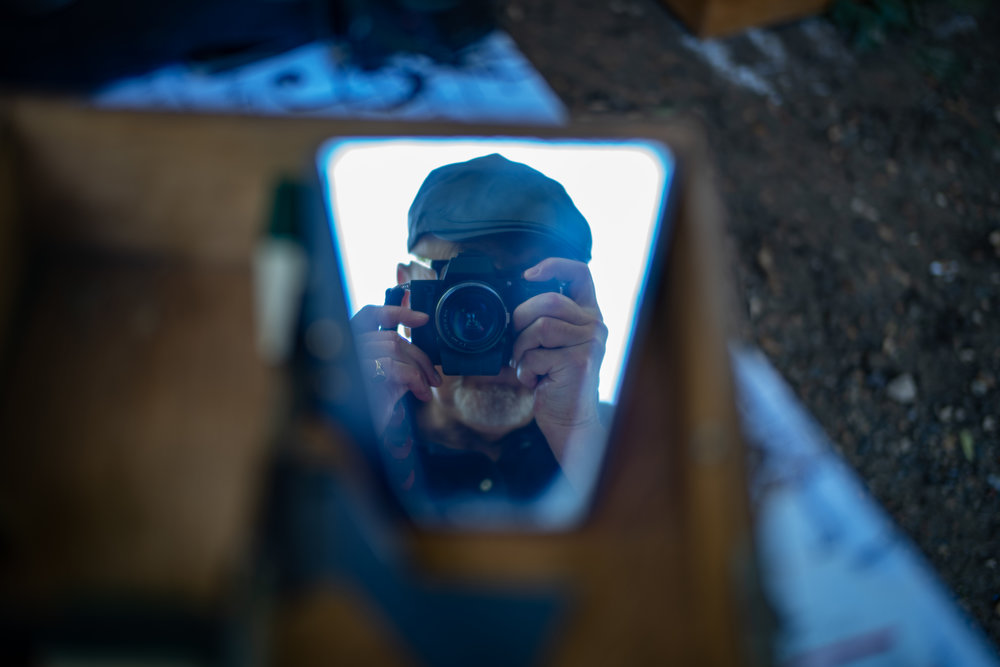
No doubt the worthy pen pushers of Brussels are very proud of their General Data Protection Regulation — GDPR for short — and without question, it will address many ills, including unauthorised collection and sale of personal data. But with all sledgehammers, the odd nut gets cracked along the way. I’m thinking of you and me. Nuts all.
And don’t you just hate the fuss? Every time I look at a news site I see those hateful initials: G, D, P, R, and I get goose pimples of premonition. It is a sign of even worse things to come, I fear.
Remember what they said about the GenDaPro: “First they came for the spammers, and I wasn’t a spammer so I did nothing. Then they came for the collectors of data and I wasn’t a data of collector, so I did nothing. Then they came for me and there was no one left to speak for me”
Unfortunately, this GDPR thingy could be only the tip of the iceberg and the legislators won’t rest until everyone is so stitched up that they are frightened to make a single move, least of all take a photograph. The panic which ensued on May 25, GDPR-day, is evidence enough of this.

But what of photographers? Does GDPR affect the way in which photographers will be able to work in the future? In my report of the Bièvres International Photo Fair, I mentioned that there seems to be a new prickliness among the general public, at least in France, keen to exercise their right to be unpictured. In time, I suspect, the only willing subjects will be cats, docile dogs, flowers and general landscapes. Any scene incorporating a human being of any flavour is likely to be a no-go area.
If you think I’m overreacting, please read an alarming article by Hendrik Wieduwilt, an amateur photographer, journalist and legal affairs correspondent based in Berlin. In the aftermath of the implementation of GDPR, he says, “Hundreds of bloggers have taken down their sites, fearful of the possibility of serious fines. Internet light bulbs have stopped working properly. And photographers are being targeted, too.”

It can only get worse:
“See, the GDPR sees photography as something even the first Terminator could do: processing personal data. Yes, your dreamy picture of that girl in the sunflower field is the “collection and sharing of personal data” in the eyes of a data protection officer. Many things in a photo are personal data: her face, the location, the time and date, and everything that is tied to her identity.
“The legal consequence: you need to provide some kind of justification to take that picture and to put it on your hard disk or — god forbid — to share it on Instagram. If you’re a pro, you have a model release. If you’re just a friend, it’s out of the scope of the GDPR (again, “personal or household activity”). But an enthusiast sits uncomfortably in the middle.”
And street photography is also right in the middle of our area of concern:
“Street photography especially becomes a legal nightmare. You cannot get consent before you take the shot because that would usually destroy the moment. According to the data protection law, you’re not allowed to only ask for it afterward. If you take a picture as an event photographer, you might argue that taking pictures of visitors at a conference is ‘necessary for the purposes of the legitimate interests’ (Art. 6 lit f GDPR). You don’t need consent then.
“But can you do that if you shoot that amazing shot of an elegant business guy in a light cone on the street? Probably not. And you certainly cannot do it when a child is in your picture. That ‘legitimate interests’-argument does not apply ‘where such interests are overridden by the interests or fundamental rights and freedoms of the data subject which require protection of personal data, in particular where the data subject is a child’.

Has all this cheered you up? It has me. I’m wondering what point there is in owning a camera in the future. Eventually, it will be mandatory to avoid allowing any sentient being into the path of one’s lens. Future generations will look back on the naughties and the teens as a period of utopian freedom of expression. It doesn’t seem like that in 2018, but things can only get worse.
It’s going to be all cats and dogs and the odd moo cow, all uncomplaining creatures that love having their pictures taken. And flowers, castles, trees, (deserted) streets, can all add flavour to our endeavours. But whatever you do, don’t take a picture of a real person.
If you really want a fright, read Hendrik’s article here. What do you think? Are we all skating on the thinnest of ice every time we set forth into the street with our M3s?
___________
- Subscribe to Macfilos for free updates on articles as they are published
- Want to comment on this article but having problems?

As I mentioned the other day Mike, there is more coming down the line. The idea is to stop the hoi-polloi from communicating, whilst the technocracy continues to try to stitch us all into their globalist nightmare.
The internet has been functioning to the EU’s standard since the 1960’s as a series of interconnected computers that defence/education and government types can use too their advantage.
That all changed when Tim Berners-Lee and Marc Andreessen allowed the plebs in. The EU has had its thinking cap on and finally after 20 years worked out how to reset the net… Make it difficult to use… ta da.
"I gave myself permission" – lol. I wouldn’t be surprised that if in a few years you will also have to write yourself an authorisation form before taking a selfie to document the fact that permission was given. Ridiculous.
I note that the GDPR framework is being adopted across the globe, even in countries which are not part of the EU. I am sure that was the intention of the drafters as internet abuse of consumers is a global phenomenon which is difficult to police because of multiple jurisdictions and location mobility. Some of the worst abusers are, of course, internet ‘majors’ based in the US or their user base, but a lot of the focus has come on my own country as we host the European and Middle East headquarters of most of the US ‘majors’. Accordingly, a lot of the enforcement in respect of the ‘majors’ will fall on our Data Protection Commissioner. I suspect that precedent cases will be taken in various countries, particularly in Ireland. I expect that even if there is a ‘hard Brexit’ that Britain will continue to implement the GDPR which is now going to be the internationally recognised standard. This thing requires mutually applied common standards to succeed.
I somehow doubt if so-called ‘street photography’ ever crossed the minds of the drafters of the GDPR when they were doing their drafting. They would have been concerned, however, about the abusive use of images, of whatever category, by internet ‘majors’ or their customers or their customers eg. images on social media such as Facebook and Twitter. The communications world has changed massively over the past 15 years. In 2003 most of us would not have known what a blog was and most photographers were using film. Nowadays a person standing in the street in London with a mobile phone can upload an image of a person they have just seen to a website based in Australia in a matter of seconds. This can be a good or a bad thing depending on how the image is used. Time will tell how all of this plays out in terms of regulation, but I would agree that clarifications will come in time and we can only hope that common sense will prevail.
I have a background in telecoms and communications regulation and my advice to photographers is to continue doing what you have always been doing provided it is not clearly illegal or immoral. Clarity will come in time and I suspect that the focus of regulators will be actual on-line abuses and not chaps running around the street wielding Leicas.
Finally, as regards Leica, I doubt if the company sees anything in GDPR that might affect its market share. The company has far bigger challenges to face.
William
Very useful as well as depressing to have this issue flagged. I won’t comment further, because we’d be straight into the lunacy of Brexit. (I speak as a resident in Denmark now having to acquire that nationality as well in order to remain a European as well as an Englishman !) Perhaps we shall all have to buy watches with spy cameras – a golden future for Leica!
Now BREXIT makes sense!
No really, because the U.K. can already choose to define exceptions for photography (and other cases) if it so wishes. It only becomes a problem if the U.K. government tries to abuse the law – which will almost certainly result in a human rights challenge…
The problem is that many people do not trust their own governments to do the right thing anymore.
Yes, the GDPR is very worrying. If it is interpreted literally, then probably 90% of my photography would need to be taken down. Much of my recent documentary photography shows people in situations that are potentially controversial and where it would be impossible to obtain consent.
The law is intended to be used to prevent things such as the Facebook/Cambridge Analytica data abuse, but it is unduely broad and leaves national authorities to determine what exceptions should be granted (street/documentary photography being prime examples). This means that different rules may potentially apply in different countries, and pro-censorship governments could exploit the GDPR to their advantage. In Spain we have already had a taste of this, thanks to the infamous "gag law" that was introduced in 2015, and which has been widely abused.
Against this, European human rights legislation protects journalism and artistic expression. What is needed is a test case to clearly show that photography is (or is not!) protected. If all else fails, perhaps we should try defining photography as a religion…
For now, all I have done is to update my web site with a GDPR compliance statement. For me this was fairly easy, as I refuse to use any form of commercialisation anyway 🙂
You are right, of course. My article was written very tongue-in-cheek but in a way it is allegorical. It shows that well-meaning legislation can have unforeseen consequences. It is potentially a great threat to photography of any sentient being. If we are not careful, we will be restricted to landscape and still-life compositions…..
And we all thought communist Russia was not a nice place to exist back in the day – really. I even recently had a Russian chap telling me there are more freedoms in his homeland than in the Uk. Or alternatively this could explain why 52% of the country overall thought it wise to vote "leave" in an EU vote.
Some of the new rules make a degree of sense. However the street photography bit is a worry – I bet Leica are shivering given that the majority of their camera’s are used for the voyeuristic art of taking interesting shots of people who are at times unsuspecting, and on the street – there is often no implicit prior agreement. If there is a sudden downturn in sales of their equipment on the basis of fear caused by this, then that will be a sad outcome for all of us.
I wonder if it will impact on other camera manufacturers who sell in Europe too. hmmm and I do wonder if no win, no fee lawyers will suddenly trawl photography sites looking for a quick financial win at the expense of some poor unsuspecting snapper who blogs or posts stuff on line. A bit depressing really. Dave
Now you’ve really depressed me. Could photographers be the next PPI? Time to hang up my Billingham…..
It is all very Orwellian in my humblest of opinions.
On a side note, I asked to destroy some historic employee files for old dismissals – the new rules stipulate where an exployee decision that affects their pension is involved (which dismissal usually does), that the record should be retained until the individuals 100th birthday, or 5 years after the last action. So, the 5 years rule is fine provided the individual was dismissed at age 95 then. The rest we keep until they are 100..
I put this circular oxymoron to my legal side, and to our information teams – and I will update you if I ever get a sensible answer, as so far no one can actually answer it. Funny that.
Dave